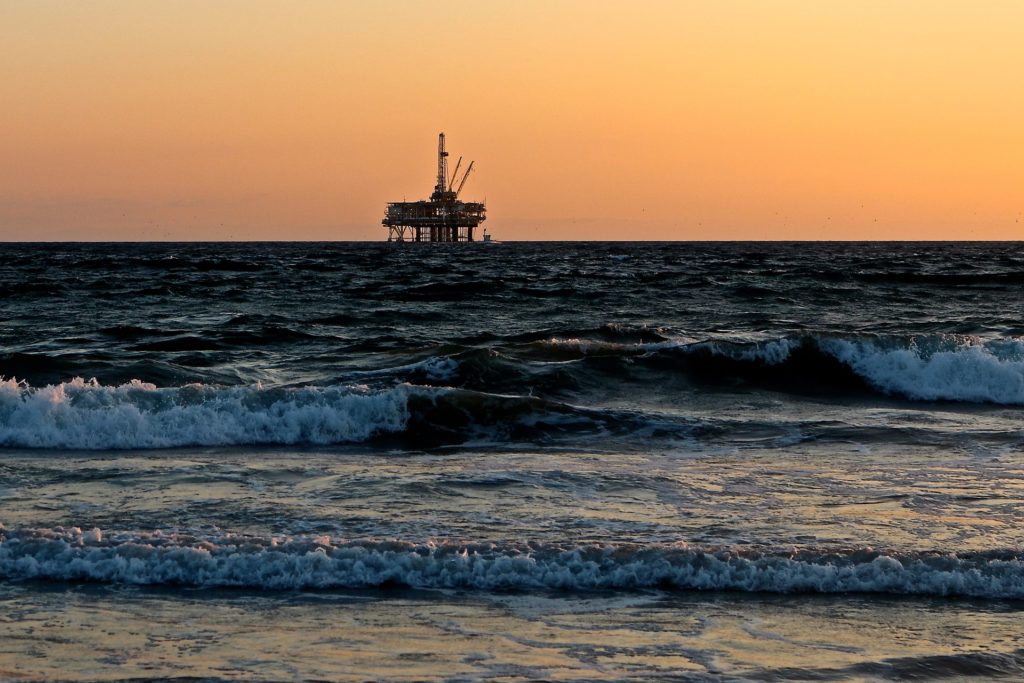
Oil companies are different from us. We have to prove we can pay. They don’t and so we clean up their mess. You say no? Look at Louisiana and oil company history.
Has anyone in Louisiana been able to get a home mortgage without first proving their financial worth and then purchasing flood insurance? Of course not. That’s because lenders need to make sure you could meet the debt — especially if the worst happens. It is just part of doing business in this region and the nation. Well, unless you own an oil and gas company and want to drill in the Gulf of Mexico. In that case, you can get this sweetheart deal: If you go bankrupt taxpayers will help pay to clean up any mess you leave behind, such as polluting wells and corroding pipelines — even if it means less money for their schools, hospitals, roads … well, everything else. What’s that you’re saying? You’re a Louisiana taxpayer and you didn’t agree to this terrible bargain?
nola.com
Both Baton Rouge and Washington, DC say that is the rule. At least in the rules they pass as legislation.
The latest example of this con is on view in a Houston federal court where, as part of its bankruptcy proceedings, Fieldwood Energy LLC has proposed abandoning as many as 1,715 wells, 281 pipelines and 276 platforms and letting you and previous owners pick up the estimated $9 billion tab for safely shutting down all that potentially polluting property. But here’s the biggest gut punch for us suckers: This is the second bankruptcy Fieldwood has claimed in less than three years. By now you’re wondering: How can this happen? Well, when big oil companies routinely sell declining wells to smaller, less-capitalized companies on federal or state lands, the law says responsibility for properly shutting down that well goes to the new owner. But politicians made sure there were different rules for playing in the Gulf of Mexico to allow smaller, local companies to join the fun. So when leases change hands offshore, the responsibility for cleanup remains with the original owner.
Part of the problem is the oil companies are rich and so can influence policy makers far more than can we – who are just citizens.
But those original owners are some of the wealthiest and most powerful companies in the world, and they often find ways to delay, reduce and absolve themselves of those costs and pass them on to the public. And that’s why industry insiders are not surprised Fieldwood could get a second chance even after its recent first bankruptcy. An ethical solution isn’t complicated, said Megan Milliken Biven, the New Orleanian who has turned the insider knowledge of the oil and gas business gained while a staffer at the Bureau of Offshore Energy Management into a role as an innovative energy reformer. She says Canada’s Alberta government — the Texas of the North — has proposed a very simple and effective solution to take taxpayers off the hook while protecting the environment. It’s called “Sticky ARO.” The “ARO” stands for asset retirement obligation. And “sticky” means a portion of the costs of that retirement stays with each of the owners until the property is properly shut down. “Let’s say a well is owned by Chevron for 60% of its life and two other companies for 20% each. When it’s time for decommissioning they each would be on the hook for that percentage of the costs,” she explained. “It’s a very fair way of sharing the costs of decommissioning based on the profit each company gained from ownership.”
Of course, they could buy insurance to make sure there are monies to do a good decommissioning. But that is not required nor do I think Louisiana would require it. We are an oil state.
Just as important, of course, is making each owner provide insurance proving they will have the funding to take care of their share before being allowed in the game — something that still isn’t done adequately by U.S. or state agencies. And don’t let the industry tell you this isn’t a big problem. One federal audit showed between 2009 and 2018 there were 22 corporate bankruptcies in federal waters resulting in $4.3 billion in decommissioning liabilities. This doesn’t include the risks from 18,000 miles of inactive pipelines left behind since the 1960s in violation of federal laws requiring their removal. The same federal audit found enforcement almost nonexistent. It’s all part of the type of socialism Louisiana and other red states think is fine. They believe businesses should be allowed to privatize profits, but socialize their risks.
So we will continue to pay for the clean ups. But just you try to do the same!



